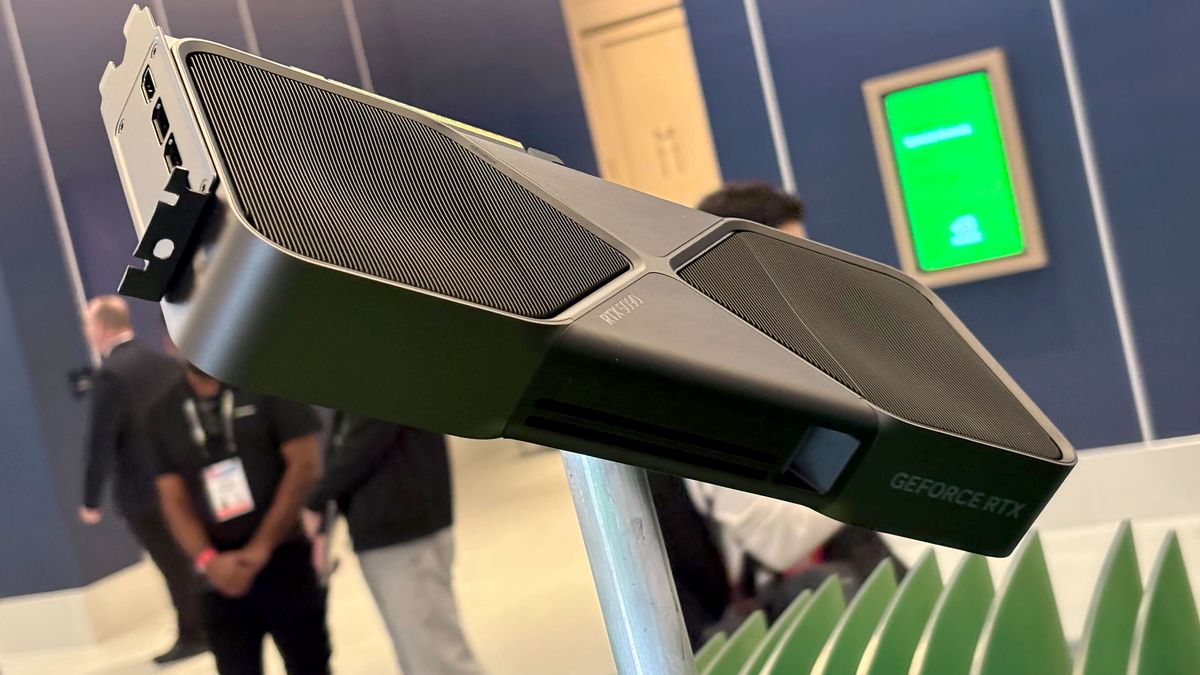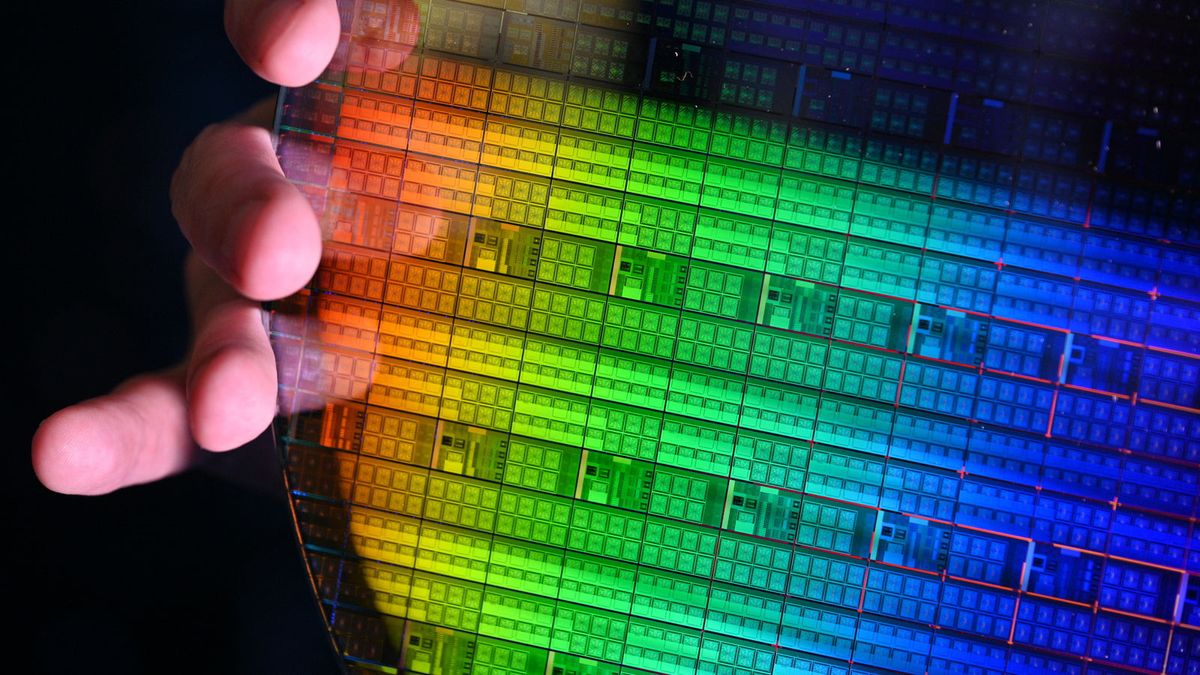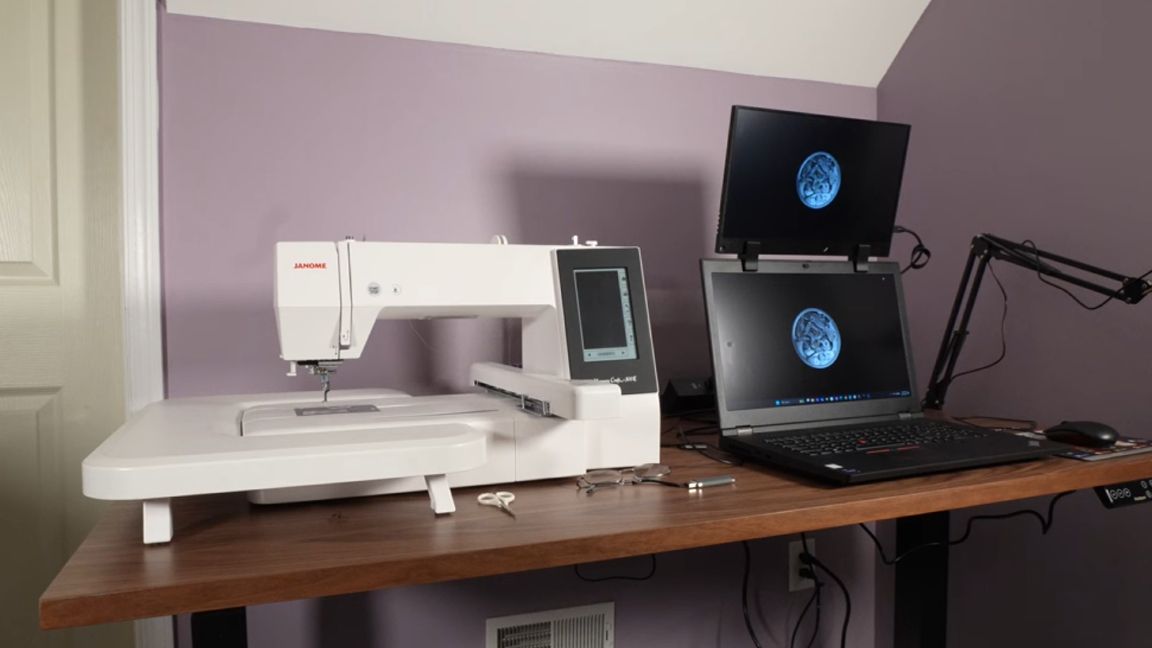In a not-so-unexpected turn of events, Intel is ending its 12th Generation Alder Lake mobile family. These include the standard Core i-series alongside select Pentium and Celeron models that leverage the Alder Lake architecture. No surprise here since Intel has employed more of the same silicon across the 13th Generation mobile, Core 100 (Series 1) and Core 200 (Series 2) families.
Intel has segmented these soon-to-be-EOL products into two categories with different discontinuance timelines. The two lists encompass the entirety of Intel's Alder Lake mobile stack, excluding the HX series, though we doubt newer laptops will feature those processors. Laptop manufacturers will likely choose the newly announced Arrow Lake-H and HX offerings based on TSMC's N3B process and employ updated Lion Cove P-cores and Skymont E-cores under the hood. The non-Ultra models target affordable devices parallel to the high-end Core Ultra series.
The retiring processors span the legacy i3, i5, i7, and i9 families and cover almost every segment, including the U-series, P-series, H-series, HK-series, and four Pentium/Celeron Gold CPUs. Though many of these processors powered budget, entry-level work, and even gaming laptops, they have slowly started to be displaced by their 13th Generation equivalents. Most of these CPUs will be available for purchase by OEMs until April 25, with the final shipments planned for October. Note that Intel has extended this deadline until January 2026 for select SKUs.

As mentioned above, most of these processors have successors across many following lineups. Take the i5-1235U, for example, which is designated for thin and lightweight laptops. OEMs can instead opt for the i5-1335U, the Core 5 120U, or the Core 5 220U, as they're just better bins of the 1235U on the same FCBGA1744 socket.
Laptop manufacturers have started integrating Intel's Core-series processors into their newest models. This transition will likely lead to the gradual phasing out of Alder Lake laptops until inventory runs dry. Plus, the newer models are better-binned and have higher frequencies. The recently announced Core 200 series offers clock speeds of up to 5.8 GHz, an impressive number for a laptop chip.

 2 days ago
7
2 days ago
7







 English (US) ·
English (US) ·